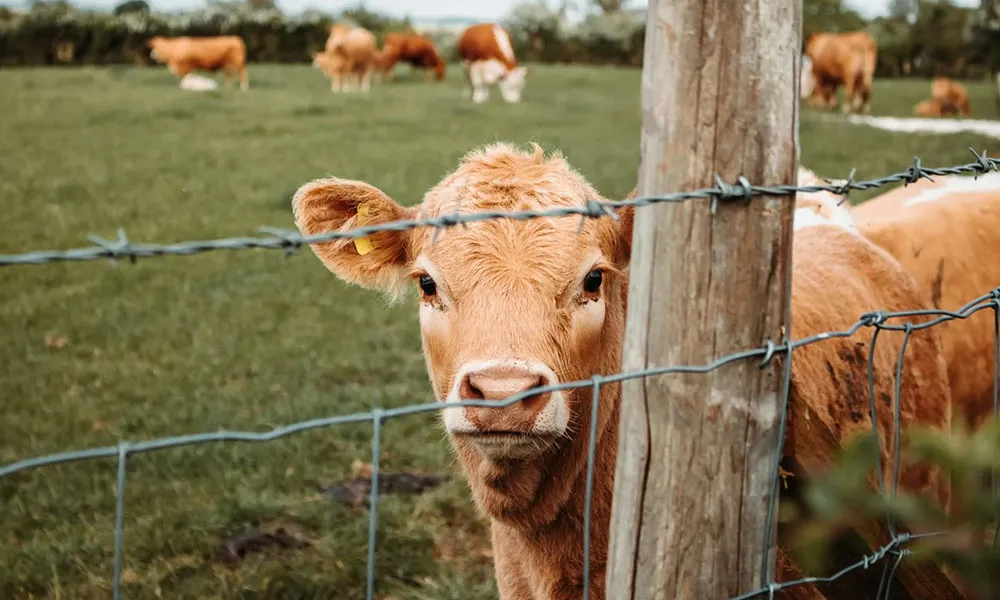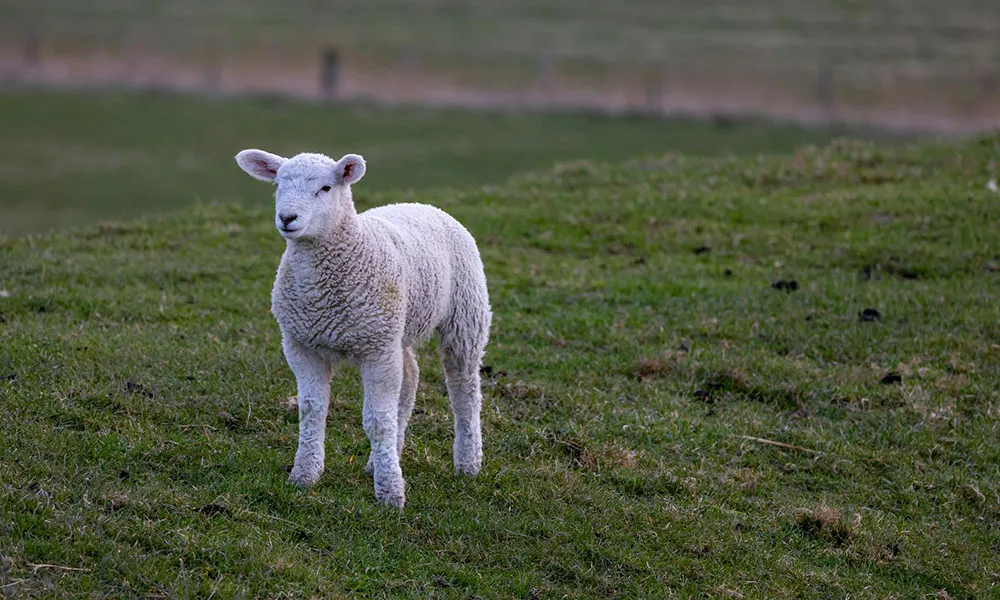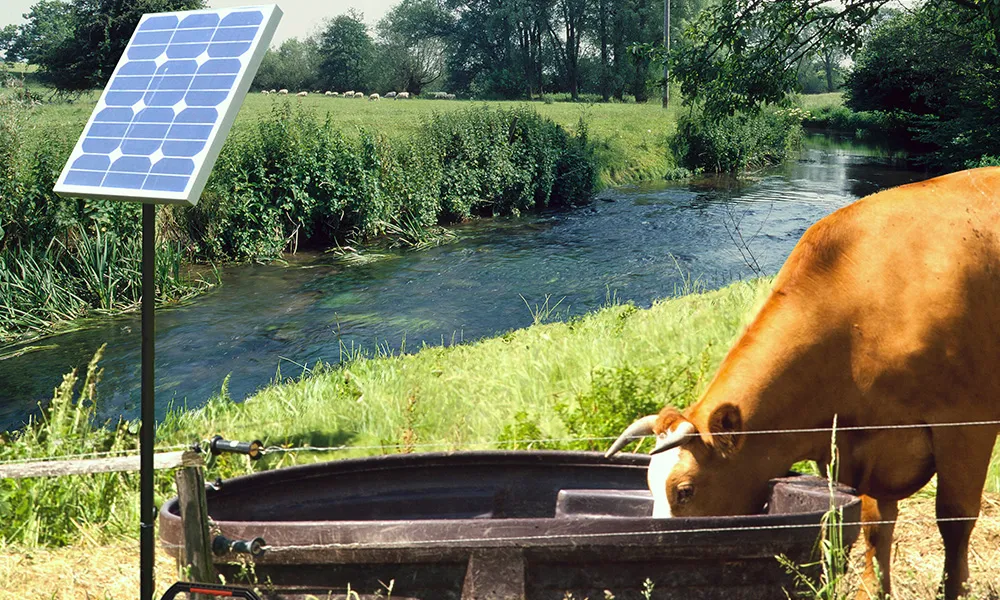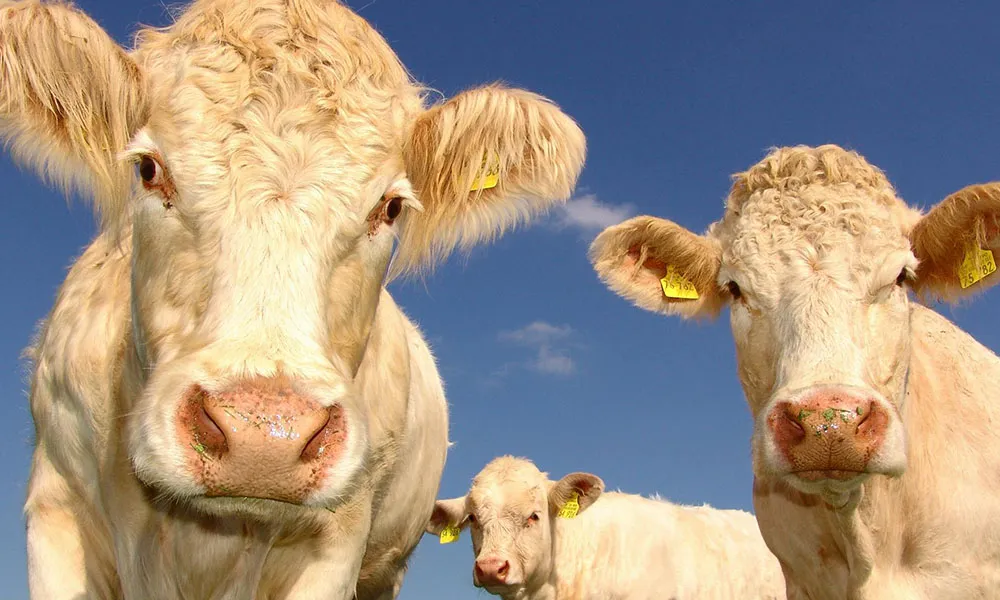
Concerns are growing nationally and internationally regarding the increased cases of resistance to some of the most commonly used wormers.
As serious issues on farms go it is right up there alongside the increase of antibiotic resistant bacteria that is making headlines worldwide.
Since 1981 Ivermectin has been the go to wormer for most Irish farms, with many using it not only as a wormer but also to treat everything down to mild cases of lice. Unfortunately this has resulted in over use and ultimately to evidence showing high numbers of resistant farms around the country.
Studies on 16 of the BETTER Farms beef programme looked at the effectiveness of some wormers and the daily live weight gain when worms were controlled effectively. On all 16 farms studied, it was clear that ivermectin was not working. The original Ivermectin product used simply was not providing the level of worm control required, because the worm populations on the farms have become resistant. On one of the farms studied the ivermectin treated calves were on average 7kg lighter at the end of the month long trial, which in the bunch of 39 calves was equivalent to a loss of 273kg. This is almost equivalent to the same loss as one dead calf every month. Not a good sign for already low profit margins. So where does this leave the farming population?
Studies are ongoing into the viability of alternative herbal wormers such as garlic and diatomaceous earth but in the mean time farmers are caught between a rock and a hard place when it comes to alternatives. Older white and yellow drenches are still available but as they only kill worms on the day of use, they don’t offer the most practical solution for larger farms where large numbers of cattle would need to be drenched frequently.
In addition, resistance has also been seen in many farms to the active ingredients in these drenches. The Teagasc study showed resistance to Fenbendazole on 12 of the 16 calf to beef farms studied. Anthelmintic resistance to all three types of drenches {benzimidazoles (white drenches); levamisoles (yellow drenches) and macrocyclic lactones (clear drenches)} have long been known about on Irish sheep farms and it is expected that the same will be seen on beef farms once further studies have been undertaken.
Newer products such as Cydectin and Dectomax are currently the only viable alternatives, offering persistent killing of worms with, as of yet, no known evidence of resistance in this country.
Cydectin
Cydectin contains moxidectin which is very different to ivermectin and works by binding to gamma-aminobutyric chloride channels in the worm causing them to shrivel and die.
It is available in two application methods,
Cydectin Triclamox pour on that also contains Triclabendazole to treat all stages of liver fluke.
Cydectin 10% LA, the long acting wormer injection, is a convenient, labour efficient, one shot wormer for animals over 100kg.
A single 1ml per 100kg injection under the skin gives 120 days (4 months) persistent protection against both stomach worms and lung worm, so no need to round up the calves every 4 to 6 weeks. 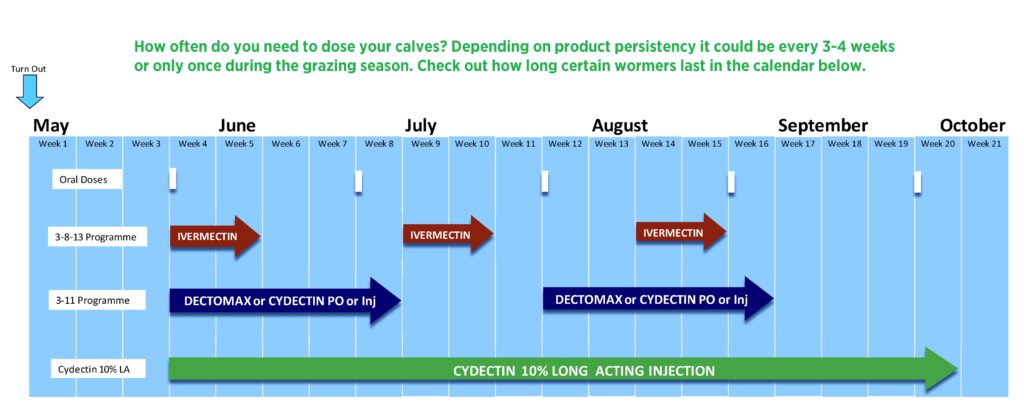
As Calves are treated at lower weights, not as much product is required, with the dose still working when they have more than doubled their weight over the 4 month period on grass. For example, a calf treated at 100kg in mid-June could expect to be 200 to 220 kg in mid-October, and would still be protected against stomach and lung worms. The cost works out at about 2.5c per day of protection which is cheaper than most other wormers.
As there is no known resistance to Cydectin 10% Long Acting and it offers the longest persistent effect of any product, (120 days against stomach and lung worms!) it is becoming the most popular among beef and suckler farmers.
In the Long Run
In the long run, herbal alternatives will hopefully offer a viable way forward for Irish farms.
In the mean time it is best not to become too reliant on any one type of wormer, even Cydectin or Dectomax, as over use of these products will undoubtedly result in resilience being found to these too.
Over reliance on wormers has brought us to this point and it would be very foolish to continue on the same road. A lot of farmers over the years have fallen into the trap of thinking that because they were using different branded products they were safe from building up resistance on their farms, unaware that the different products all contained the same active ingredients.
Therefore it is paramount that when you are purchasing your de-wormer that you take note of the active ingredient so as to avoid over use. Talk to your vet and work with your supplier to insure that you are not over using any one active ingredient.
If you’re worried you might have resistance on your farm it could be a good idea to test faecal samples before and after use of your wormer. It is also advised that you include grass management in your de-worming programme, leaving some fields un-grazed for one year on a rotational basis to break the worms’ life cycle in the paddocks.
If the over use of wormers continue and the rates of resistance continue to grow it could spell disaster for farming in Ireland as a whole.
RGA




